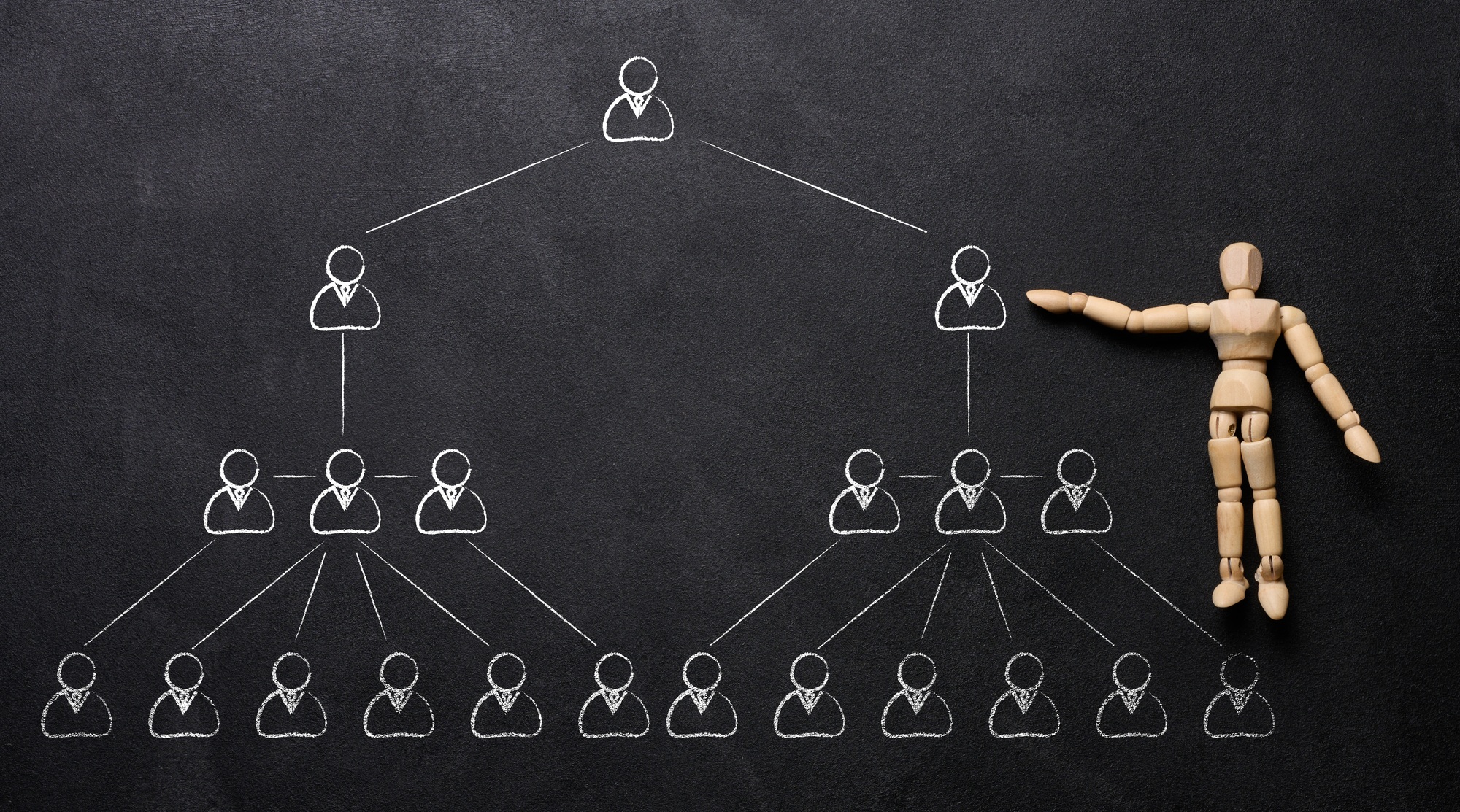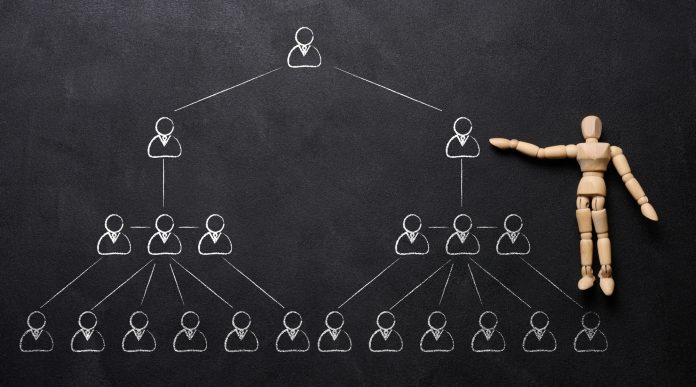Key Takeaways

- Comprehensive HR Functions: HR services encompass crucial functions such as recruitment, onboarding, training, performance management, and employee relations, vital for effective workforce management.
- Importance of Recruitment: Attracting the right talent through effective recruitment strategies is essential for aligning new hires with company culture and values.
- Employee Development: Continuous training and structured onboarding processes significantly enhance employee skills, satisfaction, and retention, contributing to overall business effectiveness.
- Streamlined Operations: Efficient HR services help reduce administrative burdens, enabling businesses to focus on core operations while ensuring compliance with labor laws.
- Embracing Technology: The integration of technology, such as AI and blockchain, enhances HR processes, improves data security, and supports remote workforce management.
- Positive Workplace Culture: Effective HR services foster a supportive environment, boost employee engagement, and ultimately drive business growth through enhanced satisfaction and productivity.
In today’s fast-paced business world, effective HR services are essential for any organization aiming for success. You know that managing human resources goes beyond just hiring and firing. It involves fostering a positive workplace culture, ensuring compliance with regulations, and maximizing employee potential.
With the right HR services, you can streamline operations, improve employee satisfaction, and ultimately drive your business forward. Whether you’re a small startup or a large corporation, understanding the value of comprehensive HR solutions can transform your organization. Let’s dive into the key aspects of HR services and discover how they can benefit your business.
Overview of HR Services

HR services encompass a range of functions crucial for managing your workforce effectively. These services include recruitment, onboarding, training, performance management, and employee relations. Choosing the right HR services can streamline operations for your small business and improve your overall effectiveness.
- Recruitment: Attracting and hiring the right talent is vital. An effective recruitment strategy identifies candidates who fit your company’s culture and values.
- Onboarding: A structured onboarding process integrates new hires smoothly into your business. Proper onboarding enhances retention and employee satisfaction.
- Training: Continuous training and development promote employee growth. Investing in your team improves skills, productivity, and morale.
- Performance Management: Regular evaluations track employee performance and align it with your business goals. Constructive feedback fosters improvement and encourages employee engagement.
- Employee Relations: Strong employee relations prevent conflicts and maintain a positive workplace culture. Open communication and support create a cooperative environment.
By leveraging comprehensive HR services, you position your small business for long-term success. These services not only aid in compliance with labor laws but also maximize your team’s potential, ensuring a motivated and efficient workforce.
Types of HR Services

HR services play a crucial role in managing your workforce effectively, especially when running a small business. These services encompass various activities that support and optimize your team.
Recruitment and Staffing
Recruitment and staffing processes are vital in attracting and hiring the right talent for your small business. Key components include:
- Recruiting and screening candidates: Employ strategies to identify candidates who align with your business culture and values.
- Developing tailored recruitment approaches: Utilize marketing strategies and employment branding to create appealing job postings.
- Onboarding new hires: Implement effective onboarding practices to ensure new employees integrate smoothly and understand their roles.
Employee Training and Development
Employee training and development help enhance skills and grow your workforce. Important elements include:
- Conducting skills assessments: Analyze job performance data to identify specific skill gaps within your team.
- Creating individual development plans: Establish development plans that include defined goals, resources, and timelines for continuous growth.
Payroll and Benefits Administration
Payroll and benefits administration are critical for maintaining compliance and ensuring employee satisfaction. Key focus areas include:
- Managing payroll systems: Streamline payroll processes to ensure timely and accurate employee compensation.
- Offering comprehensive benefits packages: Design benefits programs such as health insurance and retirement plans that attract and retain top talent.
By effectively leveraging these HR services, small business owners can optimize workforce management, enhance employee engagement, and position their business for sustained success.
Importance of HR Services

Effective HR services are essential for small businesses aiming for growth and operational efficiency. These services not only enhance employee satisfaction but also streamline your business operations.
Enhancing Employee Satisfaction
HR services support a positive workplace culture. Engaged employees contribute to productivity and retention. By implementing comprehensive HR programs, you create opportunities for professional development, ensure competitive compensation, and establish clear communication channels. These practices foster a supportive environment where employees feel valued and motivated to excel in their roles.
Streamlining Business Operations
Efficient HR strategies streamline processes related to recruitment, onboarding, and performance management. By managing these services effectively, you reduce administrative burdens and allow your team to focus on core business activities. Utilizing people analytics helps keep track of labor costs while ensuring compliance with over 180 labor laws, thus minimizing risks associated with employment practices. Prioritizing streamlined operations enhances your small business’s ability to adapt and thrive in a competitive market.
Key Trends in HR Services

Staying updated with current HR trends boosts your small business’s operational efficiency and employee satisfaction. Here are some key trends shaping HR services today.
Technology Integration
Integrated HR technology solutions streamline internal processes for small businesses. By adopting a comprehensive platform, you can manage onboarding, compliance, and reporting in one place, enhancing efficiency. Mobile-friendly access allows your team to engage from anywhere, minimizing errors from multiple applications.
Artificial intelligence (AI) and machine learning (ML) also play significant roles in modern HR. These technologies automate repetitive tasks and improve workforce analytics, providing you with personalized employee support. For small businesses, this means a more efficient recruitment process and better onboarding experiences, letting you allocate resources toward strategic decision-making.
Blockchain Integration
Blockchain technology strengthens data security and management within HR. By utilizing decentralized systems, you ensure reliable storage and access to sensitive employee information. This aspect is crucial for compliance with labor laws and regulations, reducing your risk and improving transparency.
Remote Workforce Management
Managing a remote workforce becomes essential as small businesses adapt to evolving work environments. Implementing tools that facilitate remote communication and collaboration boosts team productivity and morale. Use video conferencing and project management software to maintain connections, ensuring your team feels supported. Regular check-ins and feedback sessions enhance employee engagement, critical for retaining top talent in a competitive market.
By integrating these trends into your HR strategies, you can enhance operational efficiency, attract and retain talent, and create a thriving workplace culture.
Conclusion

Investing in effective HR services is crucial for your business’s growth and success. By focusing on recruitment, onboarding, training, and employee relations, you can create a positive workplace culture that drives engagement and productivity.
Embracing technology and staying updated on HR trends will help you streamline operations and ensure compliance with labor laws. This not only reduces administrative burdens but also allows you to concentrate on what truly matters—your core business activities.
With the right HR strategies in place, you can attract and retain top talent while positioning your organization for long-term success in a competitive market. Prioritize your HR services and watch your business thrive.
Frequently Asked Questions

What are the key HR services for small businesses?
Effective HR services for small businesses include recruitment, onboarding, training, performance management, and employee relations. These services help attract talent, improve retention, foster employee development, and ensure compliance with labor laws, all crucial for business success.
How does effective recruitment benefit an organization?
Effective recruitment attracts candidates that align with the company culture. It involves tailored strategies and screening processes that not only fill positions but also enhance employee satisfaction and retention, ultimately contributing to the organization’s success.
Why is onboarding important for employee retention?
A structured onboarding process welcomes new hires and integrates them into the company culture. It improves employee engagement and satisfaction, which significantly decreases turnover rates and enhances overall team productivity.
What role does employee training play in HR management?
Employee training promotes continuous growth and skill development. By implementing individualized development plans, organizations can enhance employee capabilities and align them with business goals, which is vital for both retention and productivity.
How can HR services improve workplace culture?
Strong HR services foster open communication and support among employees, creating a positive workplace culture. By enhancing employee relations, HR helps build a collaborative environment that values feedback and engagement, driving overall satisfaction.
What is the significance of compliance in HR services?
Compliance ensures that businesses adhere to labor laws and regulations. Effective HR services help manage these requirements, reducing legal risks and fostering a safe and equitable workplace for all employees.
How can technology enhance HR services?
Integrating technology, such as HR platforms and AI, automates administrative tasks and enhances workforce analytics. This streamlining allows HR teams to focus on strategic initiatives that improve employee engagement, retention, and operational efficiency.
Why are people analytics important in HR?
People analytics provide insights into labor costs and employee performance. By analyzing this data, organizations can make informed decisions to optimize HR strategies, enhance compliance, and improve overall business operations.
What trends are shaping the future of HR services?
Key trends include the use of AI for automation, blockchain for data security, and tools that support remote work. These trends aim to improve communication, enhance employee engagement, and promote a positive organizational culture, crucial for attracting and retaining talent.
Image Via Envato: NaMongProductions, drazenphoto, Pressmaster, iLixe48, DC_Studio, ndanko, AndersonPiza



